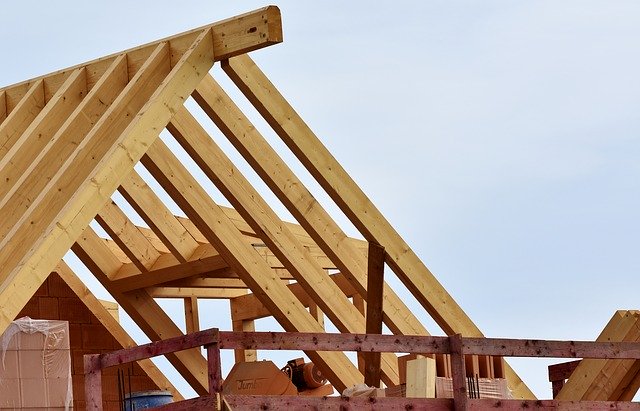
When it comes to constructing commercial and industrial buildings, every detail matters. The roof, in particular, plays a crucial role in the structural integrity and overall functionality of these structures. Custom roof truss design is a vital component in ensuring the success of such projects. In this blog, we’ll explore the importance of roof truss design for commercial and industrial buildings, highlighting its role in proving strength and efficiency.
Table of Contents
The Foundation of a Strong Roof
A well-designed roof truss system serves as the backbone of a commercial or industrial building. It not only supports the roof’s weight but also factors in the unique demands of the space. Unlike residential structures, commercial and industrial buildings often have larger spans, greater loads, and specific functionality requirements, making the design of roof trusses even more critical.
Tailored Solutions for Varied Needs
The beauty of roof truss design for these types of buildings lies in its versatility. Commercial and industrial structures can differ significantly in their intended use. Some may require open floor plans with minimal obstructions, while others need to accommodate heavy equipment or machinery. Roof trusses can be customised to meet these specific needs, allowing for vast, open spaces or heavy-load-bearing designs.
Efficient Use of Materials
Efficiency is a key consideration in roof truss design for commercial and industrial buildings. Efficient design not only reduces material waste but can also lead to cost savings. Today, advanced software and engineering techniques make it possible to optimise truss designs, resulting in structures that are both strong and resource-efficient. This eco-friendly approach benefits both your bottom line and the environment.
Safety and Compliance
Ensuring the safety of the building’s occupants is paramount. Roof truss design plays a significant role in achieving this. Properly engineered truss systems take into account factors such as wind and snow loads, seismic considerations, and fire resistance. Compliance with local building codes and regulations is essential to avoid issues down the line.

Durability and Longevity
Commercial and industrial buildings are long-term investments. A well-designed roof truss system contributes to the overall durability and longevity of the structure. By utilising the right materials and construction methods, you can extend the life of the building, reducing maintenance costs and the need for repairs.
The Role of Experienced Professionals
To achieve a successful roof truss design for commercial and industrial buildings, it’s crucial to work with experienced professionals. Architects, structural engineers, and truss manufacturers all play a vital role in the design and construction process. Their expertise ensures that the truss system meets the building’s specific requirements and adheres to safety and regulatory standards.
Conclusion
Roof truss design is a fundamental aspect of constructing sturdy, efficient, and safe commercial and industrial buildings. Whether you’re building a warehouse, a factory, or an office complex, the right truss design is essential for achieving your project’s goals. With the right professionals and attention to detail, your building can stand as a testament to the strength and efficiency of well-designed roof trusses.
